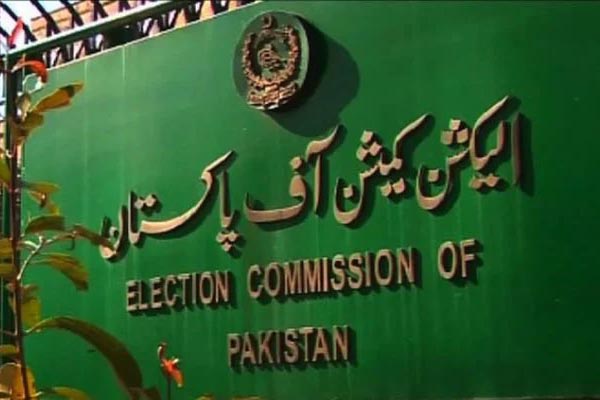
YouTube
Opposition objects to promulgation of legislation without prior debate in Parliament
The Pakistan Tehreek-e-Insaf-led government on Saturday promulgated a presidential ordinance directing the Election Commission of Pakistan (ECP) to procure electronic voting machines, and enable overseas Pakistanis to exercise their right to vote in the next general elections without returning to Pakistan.
The Elections (Second Amendment) Ordinance 2021 was promulgated by President Arif Alvi only two days after National Assembly Speaker Asad Qaiser constituted a committee of the federal cabinet to engage the opposition on the issue of electoral reforms. It amends Section 94(1) and Section 103 of the Elections Act 2017 and has already drawn criticism from the opposition over not taking Parliament into confidence for legislation that could impact all future elections.
“The Commission [ECP], shall with the technical assistance of the National Database and Registration Authority (NADRA) or any other authority and agency, enable overseas Pakistanis to exercise their right to vote during general elections in their country of residence,” read the amended Section 94(1). Meanwhile, the amended Section 103 states: “The Commission [ECP] shall procure electronic voting machines (EVMs) for casting of votes in general elections.”
Last week, the president had told broadcaster Geo News that the government needed to expedite the reforms process through an ordinance to allow the ECP sufficient time to procure EVMs, and ensure overseas Pakistanis could cast their votes in the next general elections. The ordinance would lapse in 120 days, raising questions about its constitutional status, but the government maintains it would be able to get it passed through Parliament in that time.
Opposition criticism
While the government has claimed the ordinance has been promulgated after consultations with the Election Commission of Pakistan, sources within the autonomous body have stressed that they were not included in any meetings on the use and implementation of electronic voting. The use of internet voting for overseas Pakistanis has similarly raised eyebrows, as it would impact around nine million holders of National Identity Card for Overseas Pakistanis.
Both main opposition parties—the Pakistan Muslim League (Nawaz) and the Pakistan Peoples Party—have raised objections to the presidential ordinance, arguing that the matter must be debated in Parliament before the ECP commences work on procuring and implementing EVMs in the next polls.
Former Sindh governor Mohammad Zubair, also the spokesperson of PMLN supremo Nawaz Sharif and his daughter Maryam Nawaz, questioned how the ordinance ensured the integrity of the vote. “How will political parties campaign to overseas Pakistanis,” he asked, adding that the government also needed to explain whether electronic voting would be conducted constituency-wise or through other means.
Similarly, PPP’s Raza Rabbani branded the exercise an excuse for “political point scoring,” and said many issues needed to be resolved before the ordinance could be considered law.
